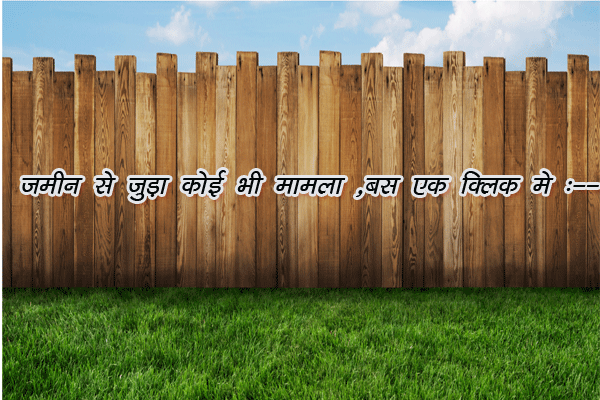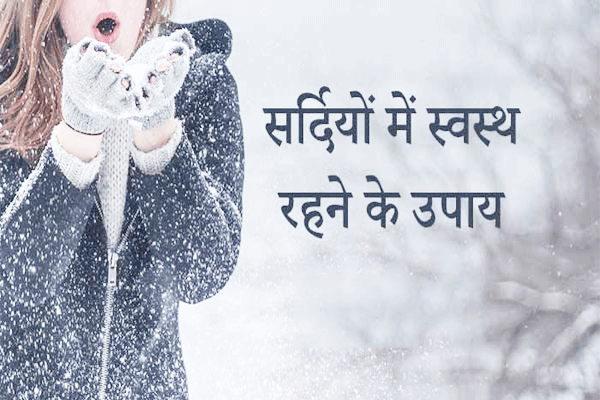For the stage displays the first vigorous expression, as the natural thing and without conspicuous restraint, of private individuality.
The balance of private good and general welfare is at the bottom of civilized morals; but the morals of the Heroic Age are founded on individuality, and on nothing else.
With several different kinds of poetry to choose from, a man would decide that he would like best to be an epic poet, and he would set out, in conscious determination, on an epic poem.
Traditional matter must be glorified, since it would be easier to listen to the re-creation of familiar stories than to quite new and unexpected things; the listeners, we must remember, needed poetry chiefly as the re-creation of tired hours.
There is only one thing which can master the perplexed stuff of epic material into unity; and that is, an ability to see in particular human experience some significant symbolism of man’s general destiny.
The world knows of a vast stock of epic material scattered up and down the nations; sometimes its artistic value is as extraordinary as its archaeological interest, but not always.
The reason can only be this: heroic poetry depends on an heroic age, and an age is heroic because of what it is, not because of what it does.
The first epics were intended for recitation; the literary epic is meant to be read.
The epic poet has behind him a tradition of matter and a tradition of style; and that is what every other poet has behind him too; only, for the epic poet, tradition is rather narrower, rather more strictly compelling.
The epic poet collaborates with the spirit of his time in the composition of his work. That is, if he is successful; the time may refuse to work with him, but he may not refuse to work with his time.
The Border Ballads, for instance, and the Robin Hood Ballads, clearly suppose a state of society which is nothing but a very circumscribed and not very important heroic age.
By the general process of epic poetry, I mean the way this form of art has constantly responded to the profound needs of the society in which it was made.
An epic is not made by piecing together a set of heroic lays, adjusting their discrepancies and making them into a continuous narrative.
It is more difficult to keep the attention of hearers than of readers.
But the gravest difficulty, and perhaps the most important, in poetry meant solely for recitation, is the difficulty of achieving verbal beauty, or rather of making verbal beauty tell.
That is to say, epic poetry has been invented many times and independently; but, as the needs which prompted the invention have been broadly similar, so the invention itself has been.
Epic poetry exhibits life in some great symbolic attitude. It cannot strictly be said to symbolize life itself, but always some manner of life.
If epic poetry is a definite species, the sagas do not fall within it.
It seems difficult, sometimes, to believe that there was a time when sentiments now become habitual, sentiments that imply not only the original imperative of conduct, but the original metaphysic of living, were by no means altogether habitual.
No poet will ever take the written word as a substitute for the spoken word; he knows that it is on the spoken word, and the spoken word only, that his art is founded.
Poetry is the work of poets, not of peoples or communities; artistic creation can never be anything but the production of an individual mind.
But the development of human society does not go straight forward; and the epic process will therefore be a recurring process, the series a recurring series – though not in exact repetition.




